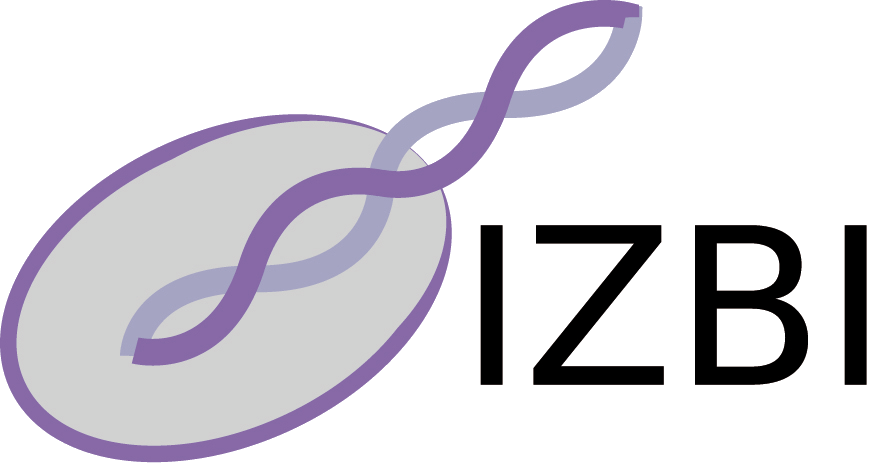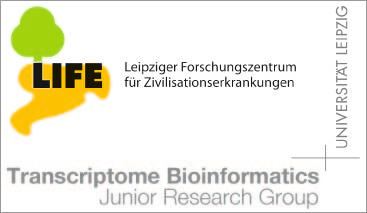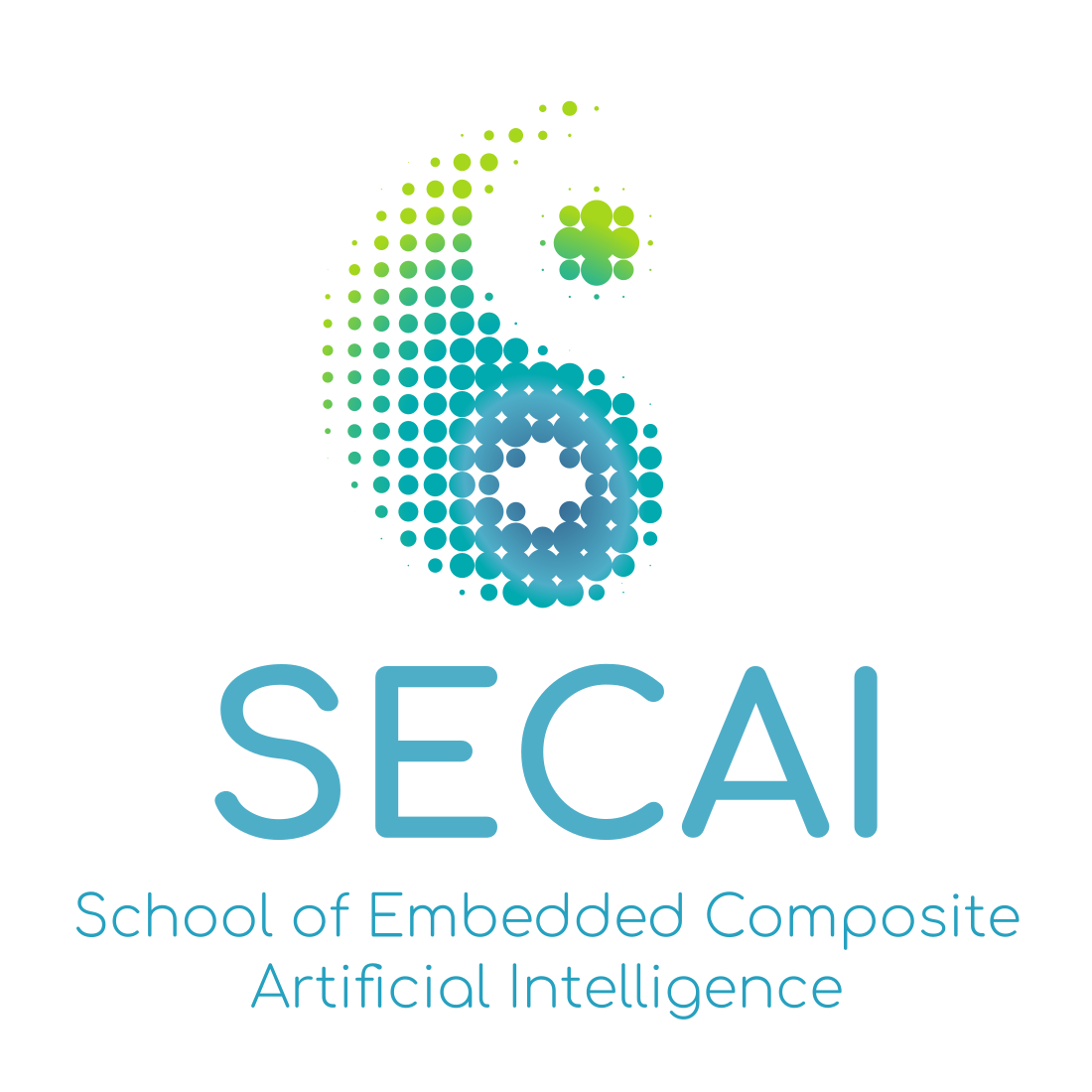Publications - Working papers
Please find below working papers of our group. Currently, we list 58 working papers.
In the list are only not published papers present. If you look for a preprint of an already published paper you must look in the "Published papers" section.
If you have problems accessing electronic information, please let us know:
©NOTICE: All working papers are copyrighted by the authors; If you would like to use all or a portion of any paper, please contact the author.
Evaluation of Host Parasite Reconciliation Methods using a new Approach for Cophylogeny Generation
Stephanie Keller-Schmidt, Nicolas Wieseke, Konstantin Klemm, Martin Middendorf
Download
[ PDF ]
Status: Submitted
Alg. Mol. Biol.
Abstract
BACKGROUND: Coevolution between species is a common phenomenon in biology:
species interact across groups such that the evolution of a species from one
group can be triggered by a species from another group. Most prominent examples
are systems of host species and their associated parasites. Typically in this
field, phylogenetic trees for both groups of species can be constructed from
sequence data or/and morphological data. In addition, the host parasite
interactions between the extant taxa are known empirically. The problem is then
to reconcile the common history of both groups of species and to predict the
associations between ancestral hosts and their parasites. Some algorithmic
methods have been developed in recent years to solve this reconciliation
problem. Only few host parasite systems, however, have been analyzed in
sufficient detail to serve as benchmarks for the evaluation of the
reconstruction methods.
RESULTS:
We propose to tackle the lack of benchmarks by generating reliable test data
sets with a dedicated approach for generating cophylogenies. Our method builds
on biologically motivated branching models to generate cophylogenies under the
assumption of the widely used coevolutionary model. It pictures coevolution as a
stochastic process with cospeciation, duplication, lineage sorting and (host)
switching as discrete events. The probability of an independent parasite
speciation as well as the ratio between cospeciations and sortings and between
duplications and host switches are user defined parameters. We evaluate choices
of reasonable parameter settings under the aspect of producing realistic
coevolutionary scenarios, giving rise to a large set of test scenarios. Based on
these scenarios, we provide a detailed analysis and comparison of the common
reconciliation tools TreeMap 3b, Jane 2.0, and CoRe-PA with a focus on the
significance of the computed reconstructions. All three tools are based on the
maximum parsimony principle but using different heuristics and cost models. To
the best of our knowledge, this is an initial contribution to extensively
compare methods for cophylogeny reconciliation. The stochastic model is the
first evaluated method to obtain cophylogeny evaluation data sets in a
controlled manner.
CONCLUSIONS:
Out of the three tools applied to the test data sets, CoRe-PA yields the most
precise predictions of the associations between hosts and parasites. However,
Core-Pa does not optimally estimate the number of cospeciation and switching
events. Furthermore, CoRe-PA is the computationally most expensive method. Jane
2.0, being the fastest of the three tools, is best at estimating the correct
number of cospeciations. A drawback of Jane 2.0 is its dependence on a
single user specified cost model. TreeMap 3b is the only tool with the option
to find the optimal reconstruction for a specified
cost model. In terms of accuracy of the computed reconstructions, TreeMap
falls short of the other tools.















